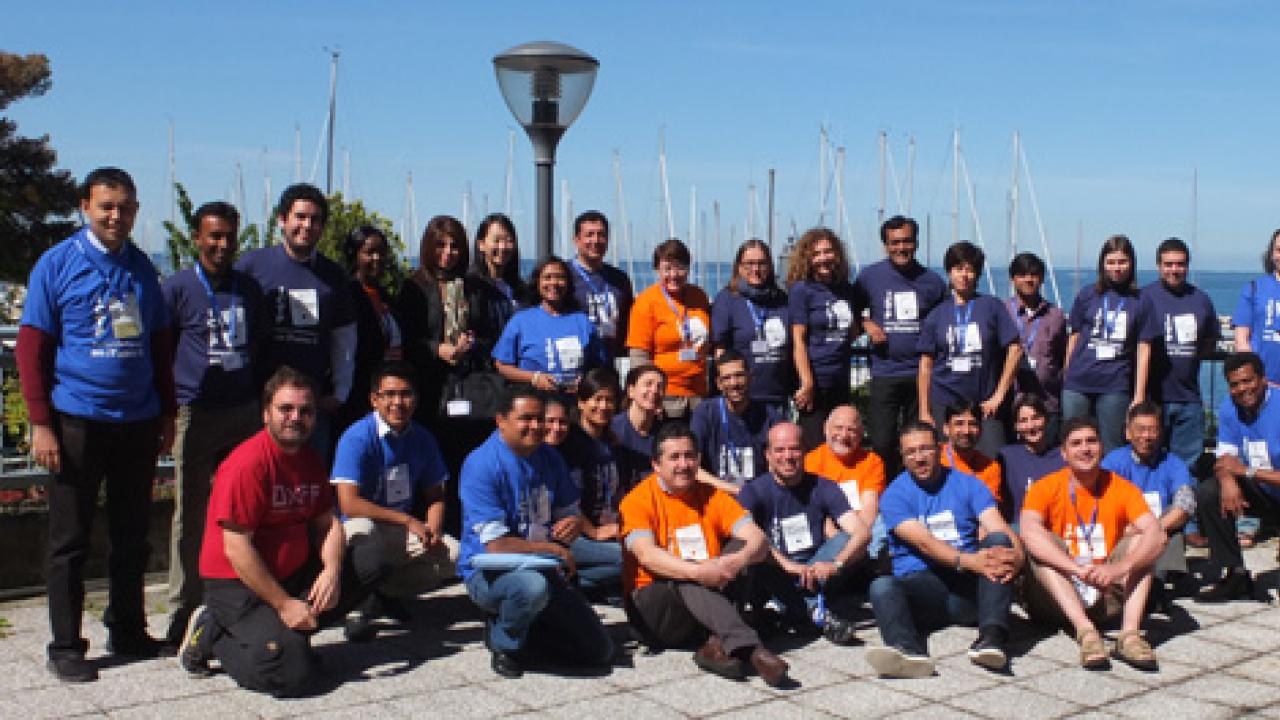
Technology is a key factor behind the huge strides being made by
the developing world--and indeed everywhere--in science. Thanks to
increasingly cheaper and easier access to the internet, for
instance, scientific collaboration has never been easier.
With billions of mobile phone subscribers around the world
accessing the internet on the go (out-pacing ?xed-line Internet
users), the technology trend now is focussed on innovative uses of
cell phones and other mobile devices to perform tasks traditionally
assigned to desktop computers.
This week at ICTP, a workshop on scientific mobile learning (or
"m-Learning") is looking at how mobile technology can be used in
powerful new ways to deliver scientific education.
According to the International Telecommunications Union, about 70%
of mobile phone users live in developing countries, making the
devices the ?rst telecommunications technology in history to have
more users there than in the developed world. Cell phone usage in
Africa is growing almost twice as fast as any other region, jumping
from 63 million users to 152 million in just two
years.
As an educational institute devoted to science in the developing
world, ICTP has a strong interest in closely following these trends
and has already taken steps to ensure that its own educational
offerings are accessible via mobile tools. For instance, seminars
from ICTP's Postgraduate Diploma Course are recorded and available
online at "www.ictp.tv", and will soon be accessible via mobile
devices, including tablets, allowing scholars to learn and revise
physics and math lessons any time, anywhere beyond the classroom
and at their own pace.
Attendees at the m-Learning workshop will hear about these and
other topics. For more details, visit the website.
ICTP's Sience Dissemination Unit, which organized the workshop, has published a book on m-Learning that can be downloaded for free here.
















